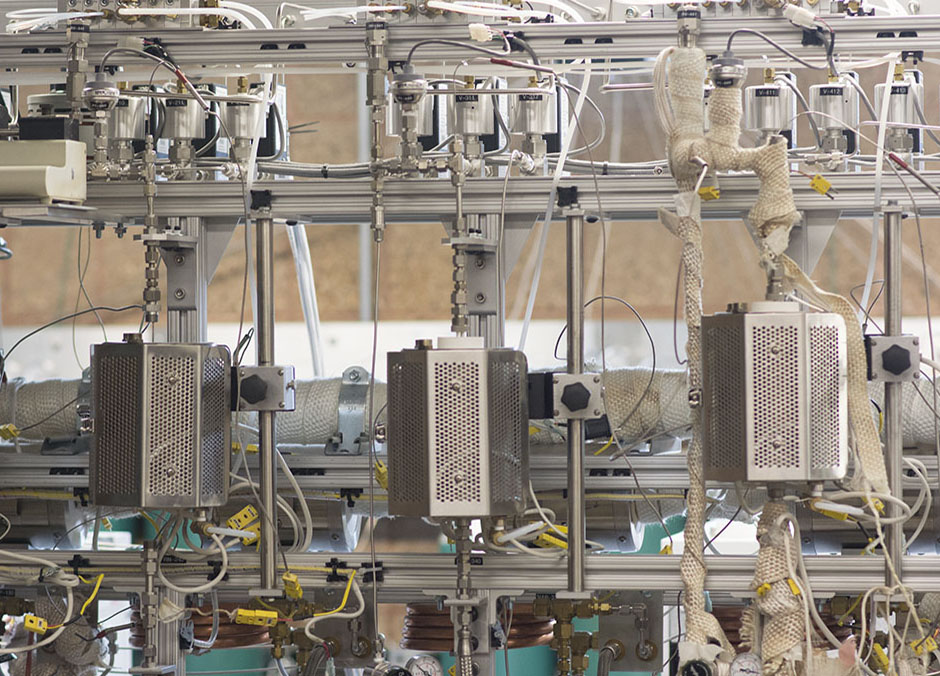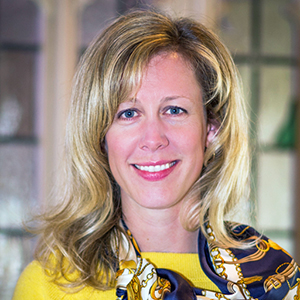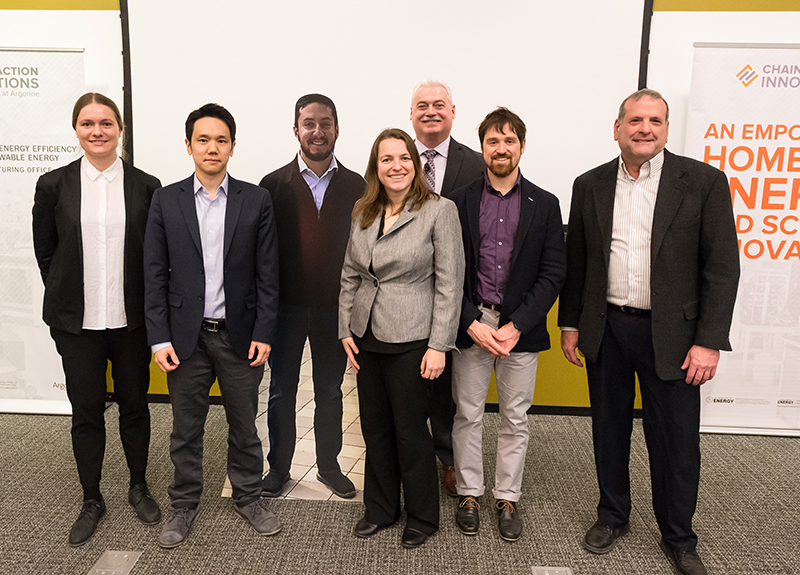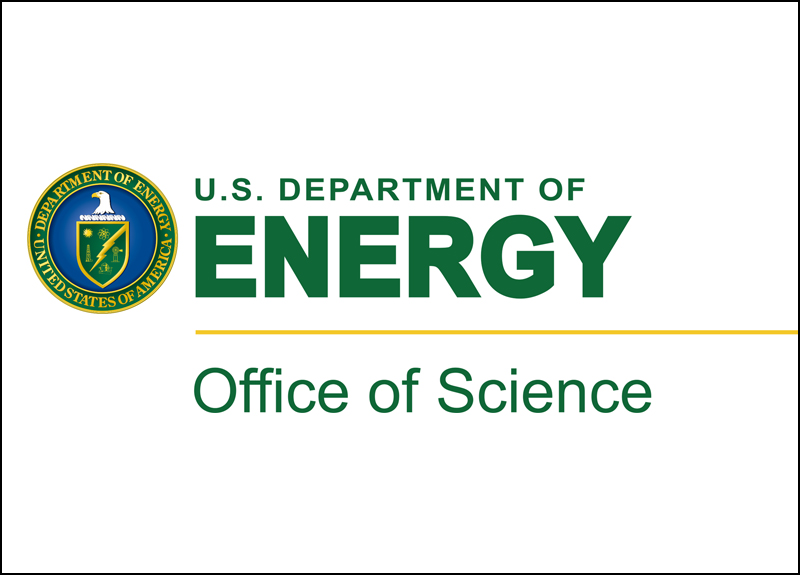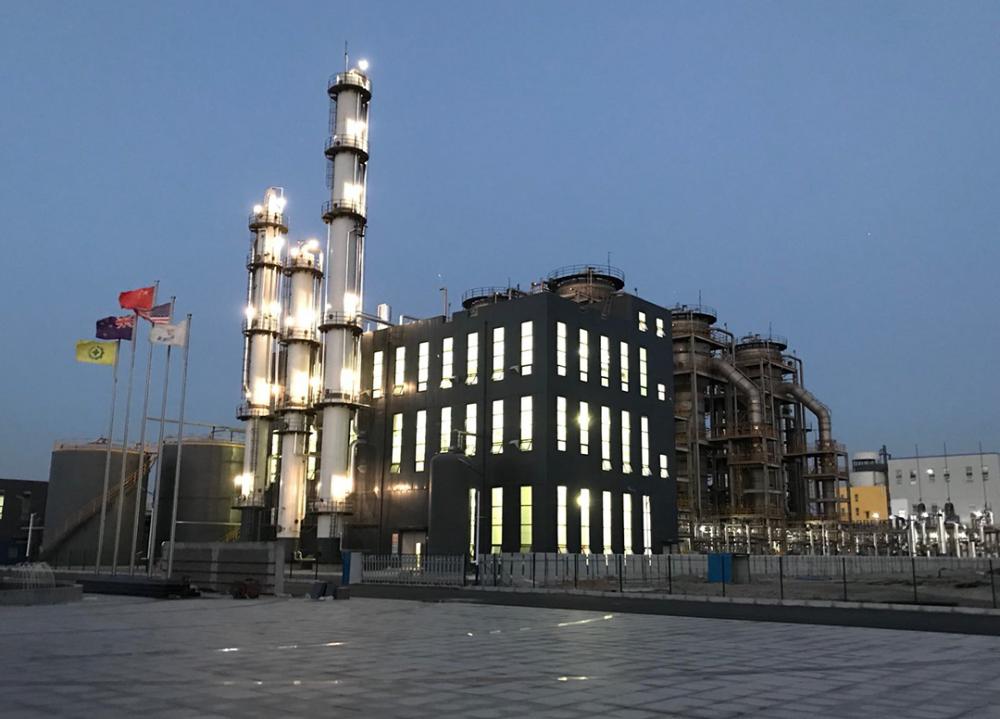The longstanding Institute for Catalysis in Energy Processes (ICEP) at Northwestern University received renewed funding from the Department of Energy’s (DOE) Office of Basic Science for a two-year term beginning this month. The $2.8 million award allows ICEP to address fundamental questions in catalysis—building on nearly two decades of leadership in a research field that is at the core of all industrial chemical processes. ICEP is one of the main activities of the Center for Catalysis and Surface Science within the Institute for Sustainability and Energy at Northwestern (ISEN).
ICEP aims to answer key scientific questions that may lead to new technologies for large-scale problems that have not yet been solved in fields including manufacturing and energy technology. However, as a basic research initiative, it operates largely free of specific milestones or required outcomes. ICEP’s research takes advantage of Northwestern’s longstanding strengths in the synthesis of new materials and its long history of interdisciplinary collaboration, including projects with Argonne National Laboratory. The renewed funding allows the team to move ahead with research initiatives that formed in 2015 during the previous renewal cycle.
“We look forward to advancing Northwestern’s legacy in the field with new work on how atomic-level arrangements of solid catalytic materials control catalytic function,” said Peter Stair, professor of chemistry and ICEP founding Principal Investigator. Justin Notestein, professor of chemical and biological engineering, assumes the role of principal investigator as of this month while Stair continues as a research investigator.
“There is a continuing need to make chemical processes more efficient through improved catalytic reactions, in order to save money and energy, emit less waste, or make products with new properties,” explained Notestein, who joined ICEP as a research investigator in 2012.
“There is very little in this world that is a manufactured material that has not gone through a catalytic processes… In ICEP, we focus on the first couple of steps needed to go from a resource that’s been extracted from the ground, from the air, or from a plant into the first molecules from which you can make everything else.” — Justin Notestein, ICEP Principal Investigator
“We have focused in the past several years on the role of interfaces—between different chemically distinct domains—in controlling reactivity in the field of catalysis. With this renewal, we’ll be focusing on emergent phenomena such as cooperativity—how those two types of distinct interfaces might work together—and how the environment of a reactive site helps confine molecules, causing them to react in a particular way,” said Notestein.
Several of those initiatives are now reaching their proof-of-concept phase, when researchers will be able to demonstrate how a selected molecule can be directed to form a planned product. “The ability to design and synthesize these catalysts—that’s new,” said Notestein. “For the first time, we can move from observing phenomena like cooperativity or confinement to deliberately making materials to show that these principles do indeed hold.”
Catalysis has implications across many fields, with a particularly long-standing role in fuel production and emissions abetment. Catalysts developed at Northwestern decades ago helped produce the first jet fuel and high-octane gasoline, then expertise was applied to developing better catalytic converters for vehicles. In more recent years, part of ICEP’s portfolio includes the study of reactions involving the pervasive greenhouse gas, carbon dioxide. “People are aware of the need and the desire to be able to convert carbon dioxide from a waste material into a useful chemical product,” said Notestein. “This is part of a larger challenge. As we move away from a world dominated by petroleum, for example, how do we start using alternate carbon resources to make the fuels that we want and the products that we prefer?”
Support from the DOE will allow the team to advance in these areas to help create a productive and sustainable future.



